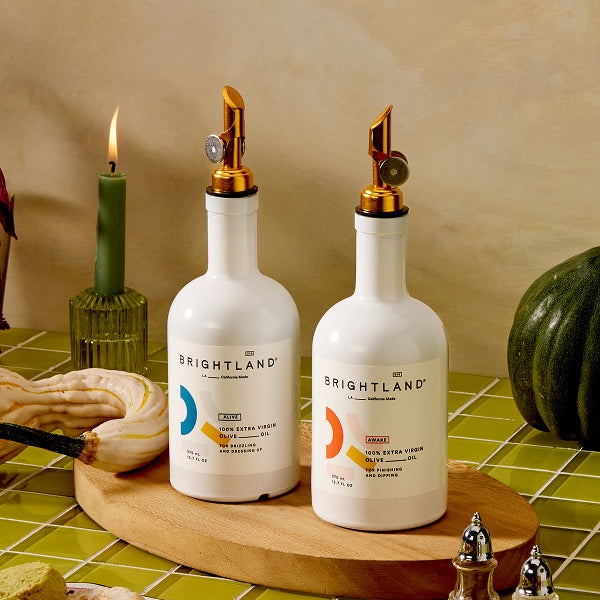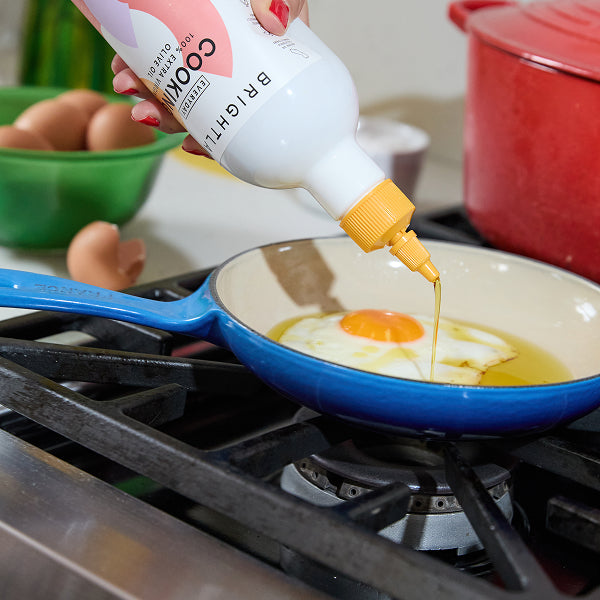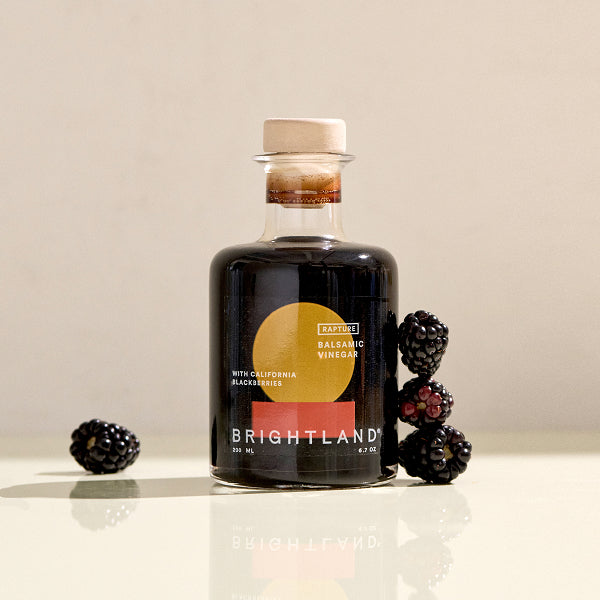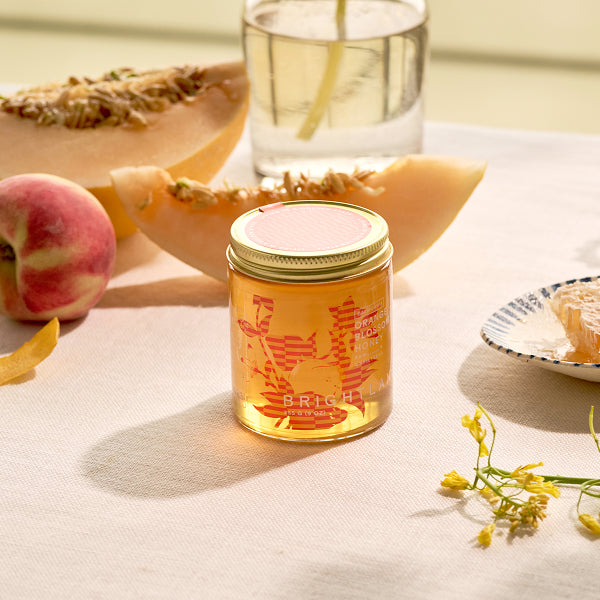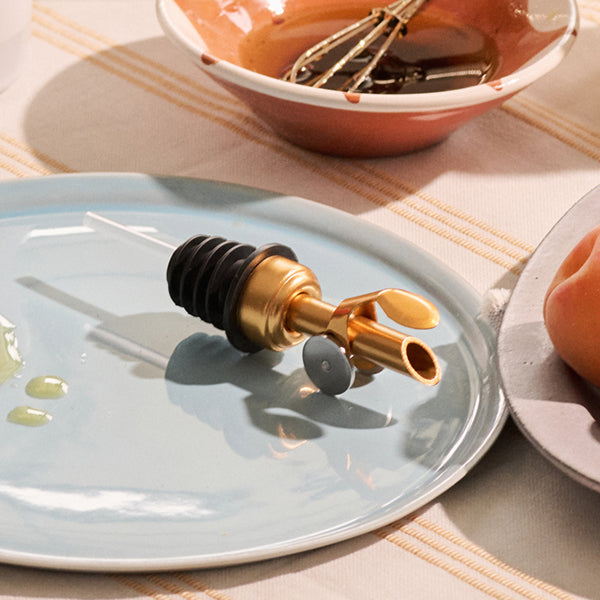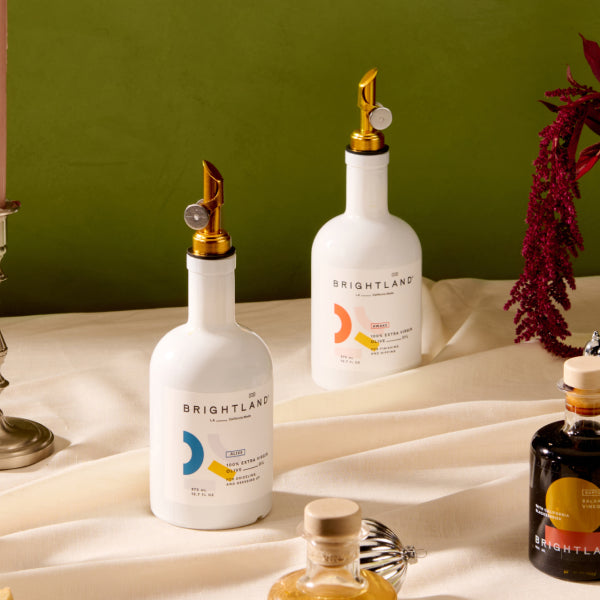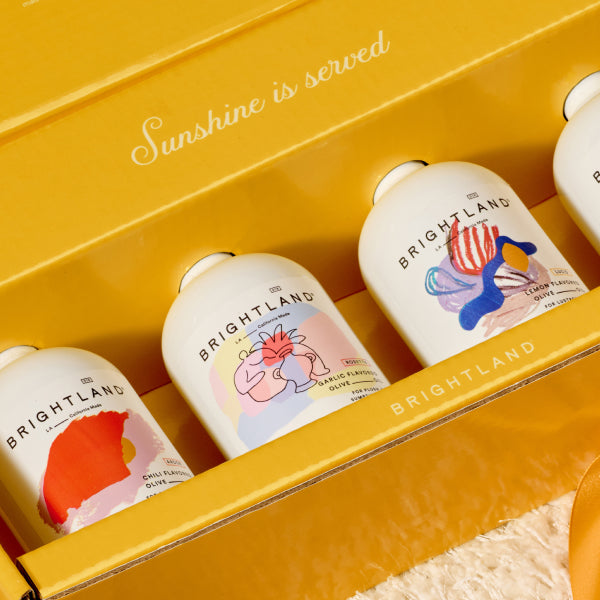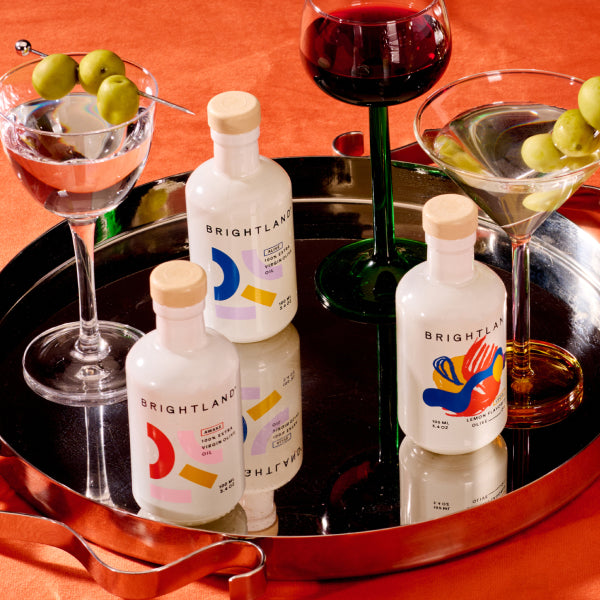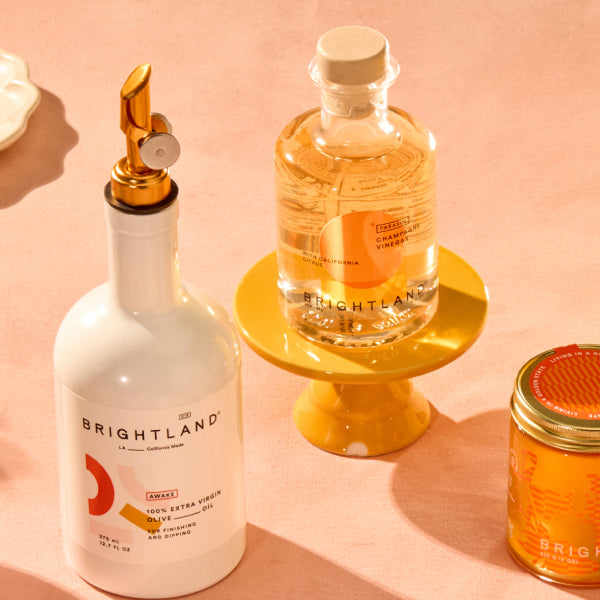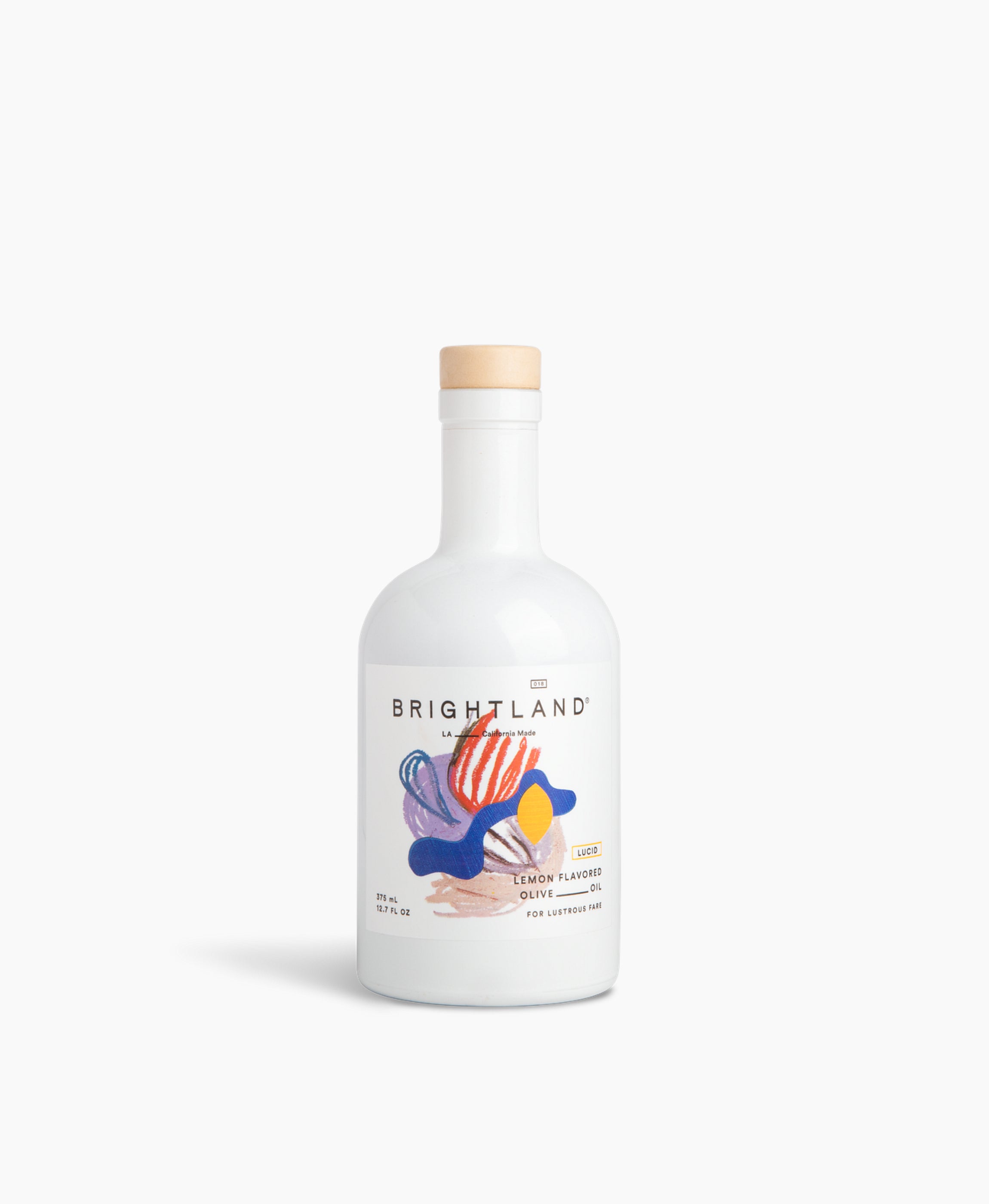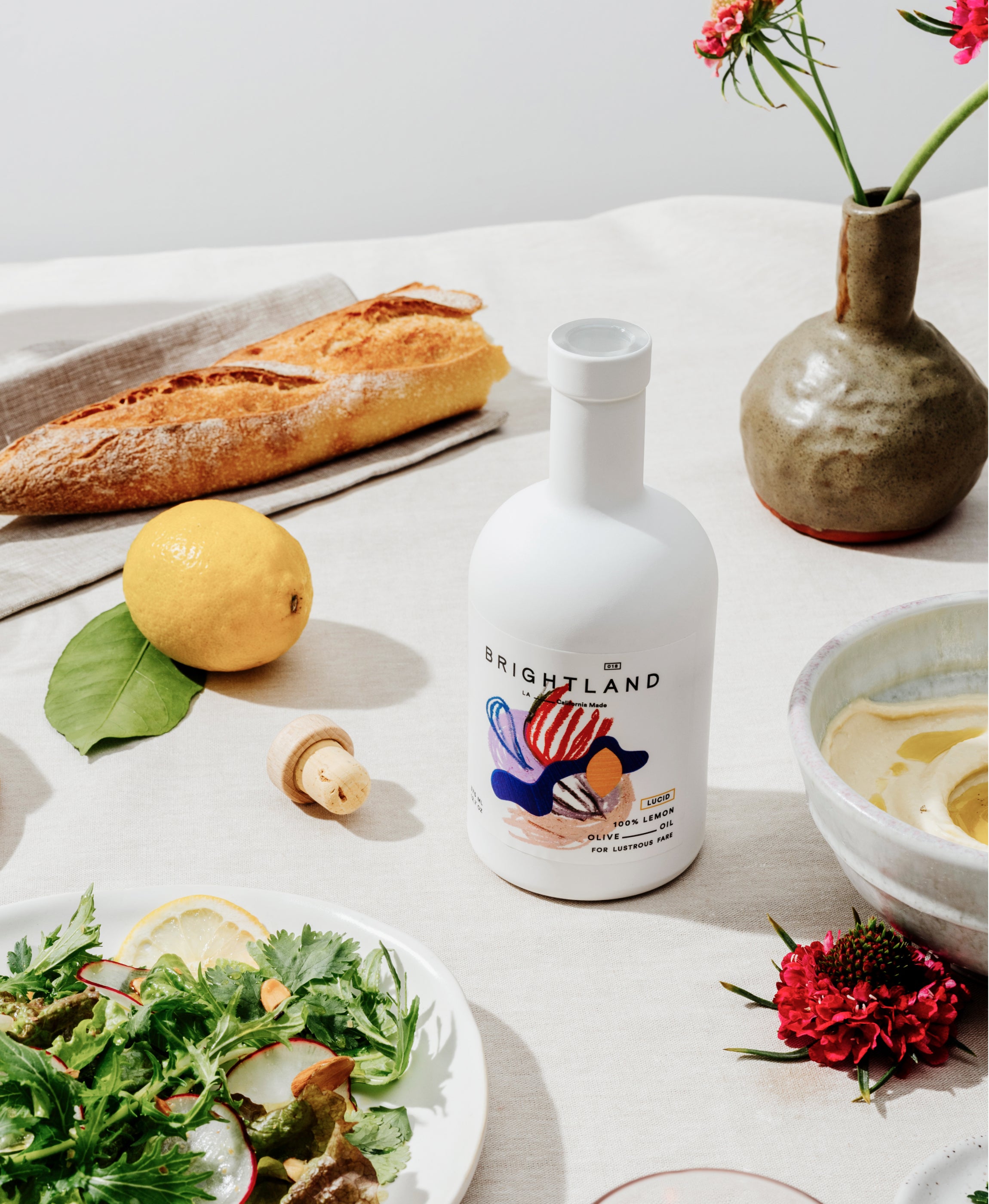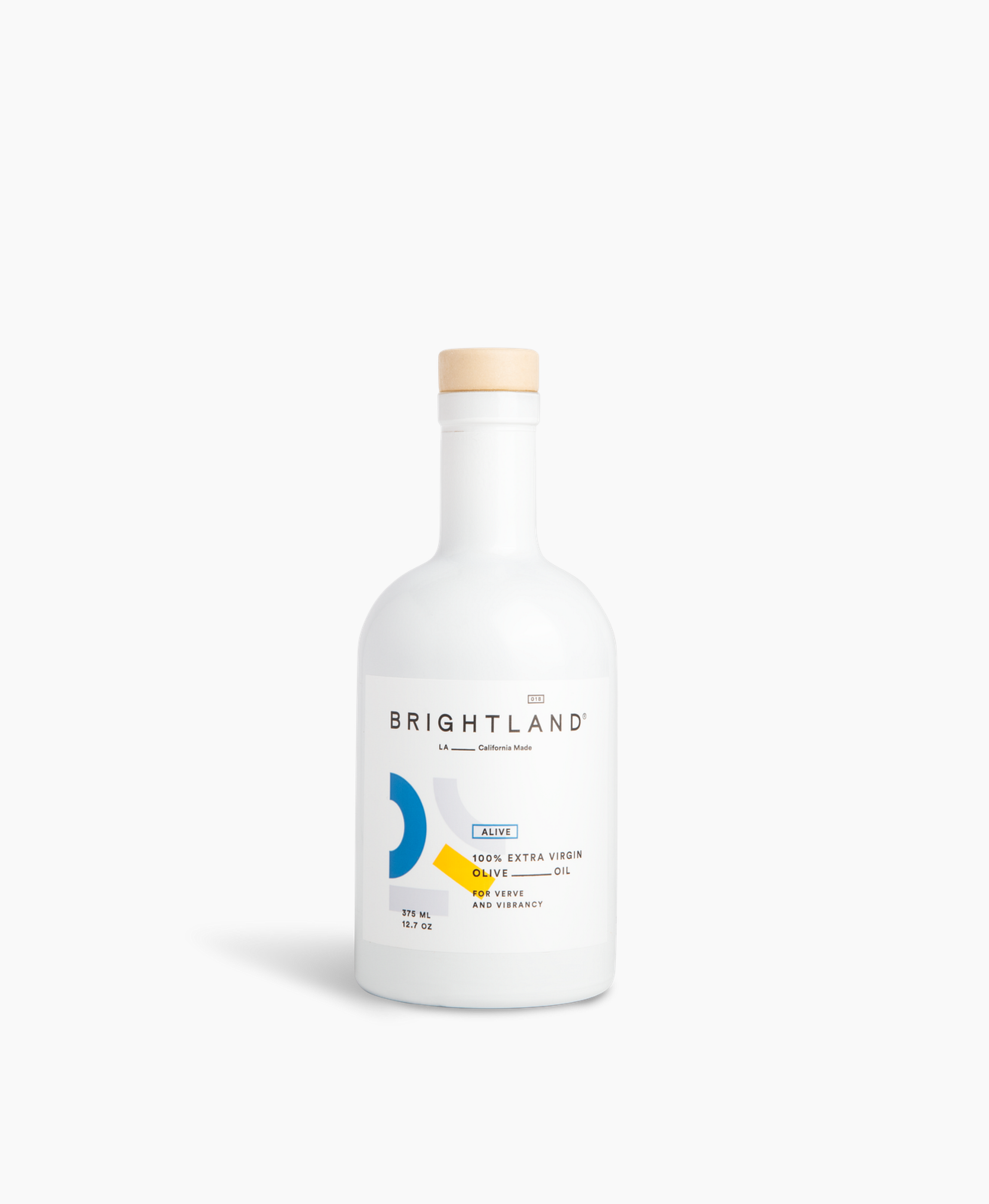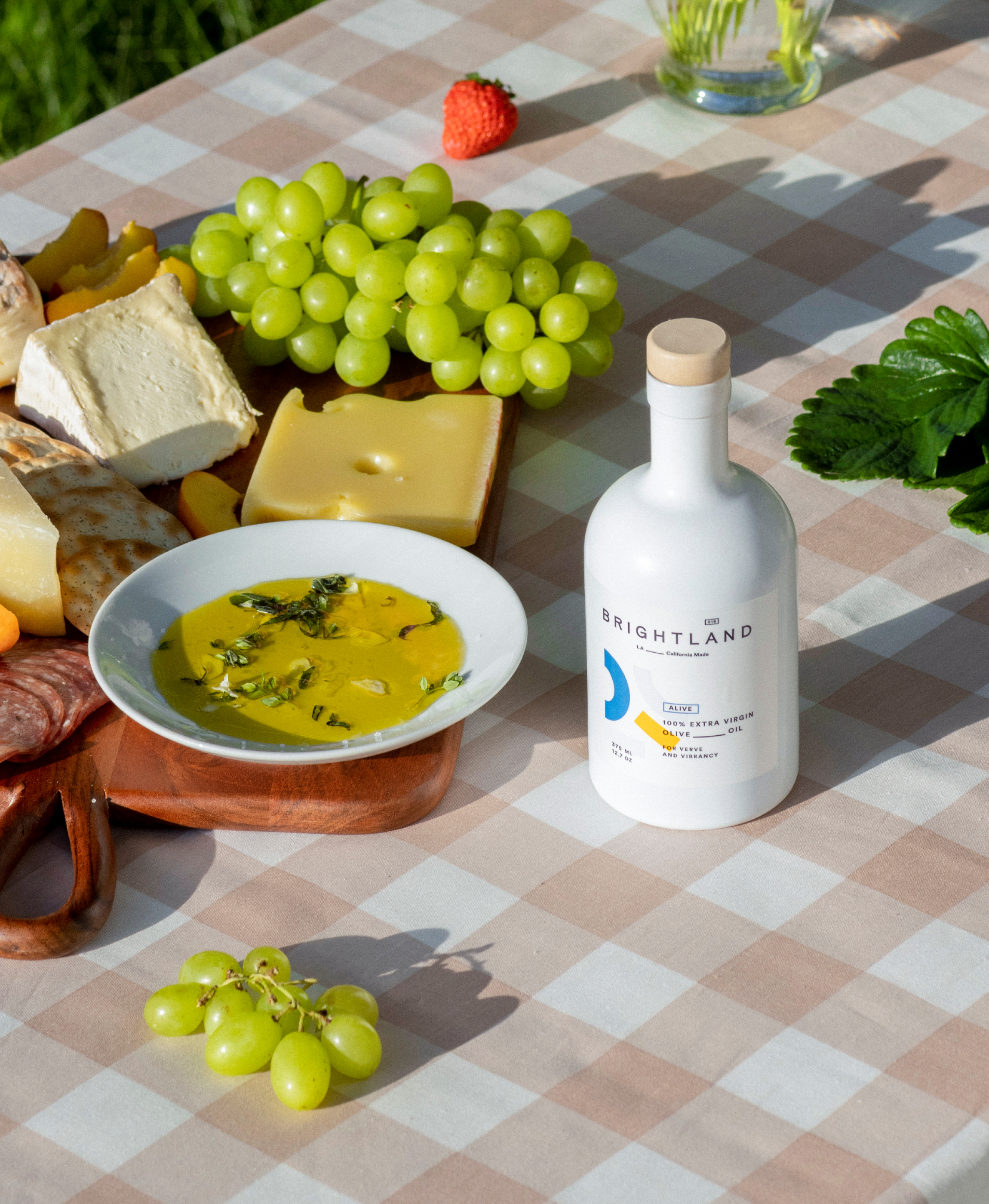We partnered with Gal Shua-Haim, a Registered Dietitian Nutritionist, to dive into the health benefits of olive oil.

Gal Shua-Haim is a registered dietitian and recipe developer who loves all things food and nutrition. She is on a mission to simplify healthy eating by sharing easy, nourishing recipes.
What are the overall health benefits of incorporating olive oil into your diet?
Olive oil is the hallmark of the Mediterranean diet, and for good reason. It contains monounsaturated fatty acids like Oleic acid, which can help lower our LDL, aka “bad cholesterol. Olive oil is also rich in polyphenols, which are an antioxidant compound that can help fight inflammation and lower the risk of diseases, including heart disease.
How do you like to use olive oil and why?
I love using extra-virgin olive oil in salad dressings, slow-roasted salmon, or as a finishing oil. Aside from its nutritional benefits, extra virgin olive oil adds delicious depth of flavor to certain recipes and can help elevate any dish. It’s my go-to choice for versatility, great taste, and good nutrition.
How does the quality of olive oil impact its health benefits?
The less processed the olive oil, the greater nutritional value. When olive oil is exposed to extreme heat, it loses some of its polyphenol content and flavor. Extra virgin olive oil is considered the gold standard for both flavor and health benefits.
Why do you choose to use olive oil over other oils on the market?
I prefer cooking with extra-virgin or virgin olive oils because they undergo the least amount of processing, and therefore keep most of their nutrient content. Other oils that go through extensive processing retain fewer nutrients and less flavor. Plus, you just can’t beat the taste of olive oil!
What are three healthy habits to set yourself up for success in the New Year?
1. Choose habits that fit your lifestyle — when planning healthy habits, don’t compromise on traditions and culture. Any changes you make should seamlessly fit into your lifestyle.
2. Cook with color — the more colorful your meals, the more nutrients they’ll provide. Try including a variety of fruits and vegetables into your weekly prep. Eating seasonal produce is a great way to start!
3. Less mindless scrolling — a non-food related habit that I’ll definitely be incorporating this year. As helpful as social media can be, I think mindless scrolling sets us up to compare ourselves, or feel we aren’t doing enough at all times.

